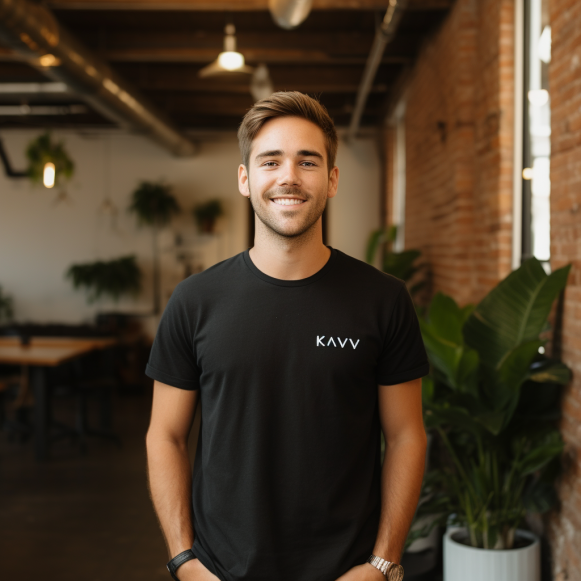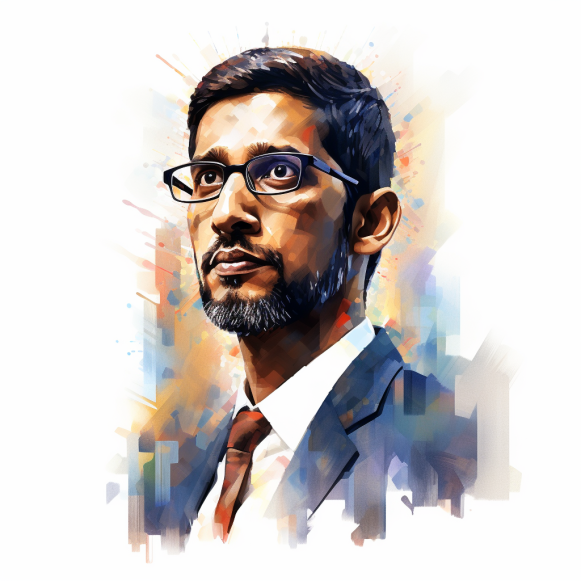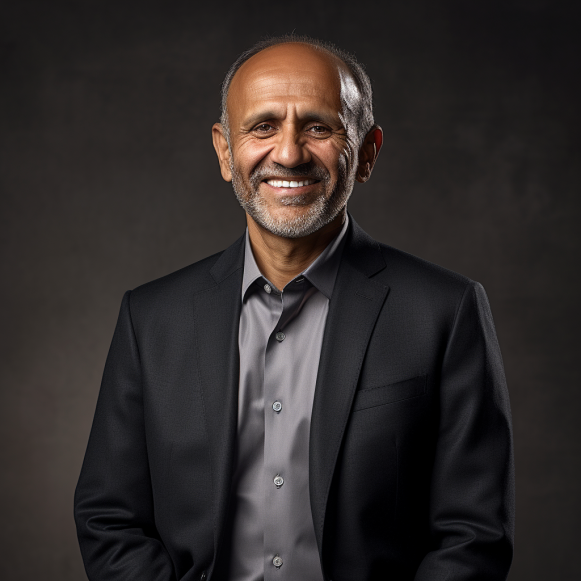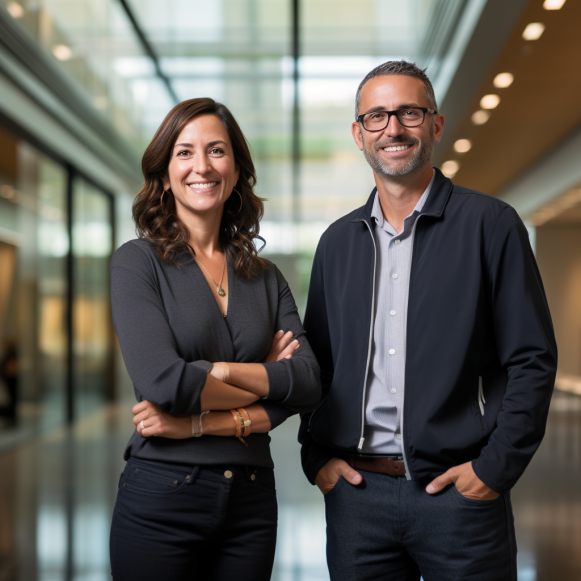Andrew Bialecki built Klaviyo into an email titan by breaking all the norms. Now he’s taking it public as its largest shareholder.

- Andrew Bialecki is preparing to take Boston startup Klaviyo public eleven years after founding it.
- Bialecki is a rare breed of founder who bootstrapped the company for years and burned little cash.
- Today he owns 38.1% of Klaviyo, surpassing investors as its largest shareholder.
When Klaviyo goes public in the coming weeks, cofounder and CEO Andrew Bialecki stands to make a sizable profit, even by startup standards.
According to the company’s most recent S-1 filing, Bialecki owns more than a third of Klaviyo, which he cofounded in 2012. In a rare occurrence, his roughly 99 million shares make him Klaviyo’s largest stockholder, outstripping his investors.
When a founder establishes a business, they own it entirely. However, in order to grow the company before it generates cash, they frequently have to sell pieces of the company, or equity, to investors and corporations. According to data gathered by Jason Lemkin, who invests through his fund SaaStr, a founding CEO of an enterprise software company typically holds around 14% just before going public. They started with the entire pie and ended up with only a slice.
Bialecki’s 38.1% Klaviyo stake is “as high as I have seen,” according to Carta’s head of insights, Peter Walker. According to Lemkin’s research, the Atlassian founders each owned 37.7% of the company prior to its market debut.
Klaviyo has yet to announce a listing price per share, making it difficult to estimate the value of Bialecki’s holdings. Based on the valuations of comparable public companies such as HubSpot and Braze, it appears that Klaviyo could be worth more than $9 billion, making Bialecki a paper billionaire.
Klaviyo’s spokesperson declined to comment.
The 37-year-old has quietly built the hottest Boston startup you’ve never heard of in the last eleven years. According to three people with direct knowledge of Klaviyo’s origin story, he did so on his terms — bootstrapping the company for several years, burning as little cash as possible, and commanding higher valuations without giving away the entire pie. He’s a rare breed of entrepreneur who avoids the spotlight as well as West Coast venture capitalists, upholding Yankee frugality.
Bialecki and cofounder Ed Hallen bootstrapped the company to profitability before raising a dime.
In 2012, the two had conceived of a database company that would assist other businesses in collecting and querying information about their customers, cobbling lines of code in empty conference rooms at MIT’s Sloan School of Management, where Hallen was pursuing his master’s degree. Customers began asking Bialecki for a way to pipe their data into an email service like Mailchimp or Sendgrid, allowing them to send personalized and targeted emails to their customers after about a year.
Bialecki and Hallen outdid themselves by building an email service on top of the database, allowing businesses to create rich profiles on individual users to better understand their customers’ purchasing habits. That realization triggered a period of rapid growth for Klaviyo. With a few hundred customers and $1 million in annual recurring revenue, it made ramen profitable in 2015. The company charges subscription fees based on usage tiers.
Bialecki had previously expressed no desire to accept outside funding. He was born into a family of small business owners and has a strong sense of independence. The opportunity to build a company on his terms and in his own time appealed to him.
When asked why he bootstrapped his company, Bialecki told podcaster and Inspired Capital investor Alexa von Tobel, “I would say for any entrepreneur you should try your hardest to do that because boy I’ll tell you it really changes the dynamics.” As if you’re no longer working against the clock. It gives you more freedom to think and experiment.”
Three people close to Bialecki describe him as a high-motor thinker and a 10x engineer. He graduated from Harvard University, where he studied physics, astronomy, and astrophysics, and began his career as an engineer at Applied Predictive Technologies, a Washington, DC-based company that did data analytics for Fortune 500 retailers.
“Andy’s very thoughtful, but he also can’t be talked into things,” said TJ Mahony, an early super angel in the Boston tech ecosystem who wrote one of Klaviyo’s first checks. “He’ll listen to you, but he’ll make the decision after he’s gone through it five times in his head.”
According to two sources, in 2015, Elias Torres, who had hired Bialecki as an engineer at his previous startup, Performable, spoke with Bialecki about how capital could take Klaviyo from a lifestyle business to an industry titan. Bootstrapping gave the founders complete control, but it slowed the company’s growth.
Bialecki’s former boss assisted him in compiling a short list of potential investors. That’s how Bialecki ended up pitching Jon Karlen, then a partner at the Boston venture capital firm Accomplice, at a Red Sox game under the lights. Two people said Karlen asked to lead the $1.5 million round of seed funding in Klaviyo at a valuation cap of $20 million, which was fully 20 times its revenue.
Mahony, who took part in the round, recalls thinking the price was extremely high. “And within two years of that, that would have been considered a bargain,” Mahony added.
Bialecki had taught a master class in startup fundraising. “He only raised money when he reached certain milestones.” “That was the key to his success,” said one person familiar with the fundraising strategy.
According to three people, Bialecki treated capital like a rainy day fund, raising as little as possible over the years and spending it meticulously. According to the S-1 filing, Klaviyo has raised $454.8 million in funding over the last eleven years, with only $15 million spent. Nonetheless, it is rapidly expanding. The company reported $585.1 million in total revenue for the fiscal year ending June 30, 2023 in its prospectus, up 57% year on year.
“Only a handful of SaaS companies have reached this level of scale and growth with such little burn — it is an exceptional metric,” wrote Alex Clayton, general partner at Meritech Capital and a Braze investor, in a blog post.
Bialecki’s frugal nature is now being admired as startup funding becomes scarce and investors press founders to cut costs.
The company’s IPO, which has yet to be scheduled, will put money in Bialecki’s pockets for the first time. According to the company’s prospectus, Bialecki earned a base salary of $78,670 in 2022. Before taking their Boston startups public, HubSpot’s Brian Halligan and Toast’s Chris Comparato both reported salaries of around $240,000. According to two people familiar with Klaviyo’s financials, Bialecki has also sold a few shares in insider rounds.
Despite the fact that the company has been known to splurge.
In 2018, Klaviyo’s staff had put in long hours in preparation for the busiest time of year for its customers: the holiday shopping season. Following the delivery of a billion emails on their behalf during Black Friday and Cyber Monday, the company chartered a private jet and flew 120 employees to Miami to watch a Patriots game.
Maybe Bialecki will make a similar exception for a post-IPO party.






